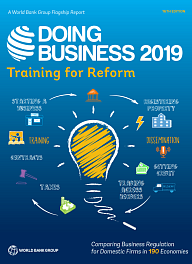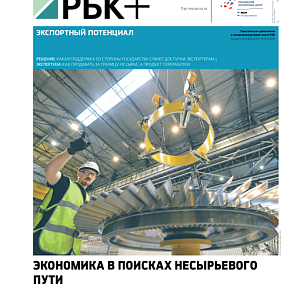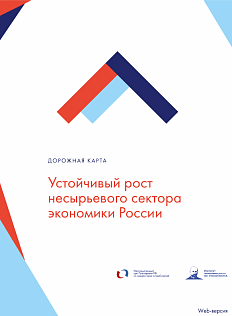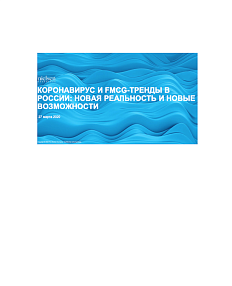Doing Business presents quantitative indicators on business regulation and the protection of property rights that can be compared across 190 economies and over time. Regulations affecting 11 areas of the life of a business are covered: starting a business, dealing with construction permits, getting electricity, registering property, getting credit, protecting minority investors, paying taxes, trading across borders, enforcing contracts, resolving insolvency, and labor market regulation. Ten of these indicators are used to calculate the scores for the Ease of Doing Business Ranking. The labor market regulation data are not included in this year’s overall ranking. Data in Doing Business 2019 are current as of May 1, 2018.
The main findings of the report are as follows:
- The 5 top economies in the Ease of Doing Business Ranking are: New Zealand, Singapore, Denmark, Hong Kong, and the Republic of Korea.
- Doing Business captured a record 314 regulatory reforms between June 2, 2017, and May 1, 2018. Worldwide, 128 economies introduced substantial regulatory improvements making it easier to do business in all areas measured by Doing Business. The economies with the most notable improvement in Doing Business 2019 are Afghanistan, Djibouti, China, Azerbaijan, India, Togo, Kenya, Côte d’Ivoire, Turkey, and Rwanda.
- One-third of all business regulatory reforms recorded by Doing Business 2019 were in the economies of Sub-Saharan Africa. With a total of 107 reforms, Sub-Saharan Africa once again has a record number this year.
- The BRIC economies—Brazil, the Russian Federation, India and China—introduced a total of 21 reforms, with getting electricity and trading across borders the most common areas of improvement.
- The 10 top economies in the Ease of Doing Business Ranking share common features of regulatory efficiency and quality, including mandatory inspections during construction, automated tools used by distribution utilities to restore service during power outages, strong safeguards available to creditors in insolvency proceedings, and automated specialized commercial courts.
- Training opportunities for service providers and users are positively associated with the ease of doing business score. Similarly, increased public-private communication on legislative changes and processes affecting SMEs are associated with more reforms and better performance on the Doing Business indicators.
- As for the Russian Federation, the improvements here were in such areas as dealing with construction permits, getting electricity, paying taxes, and trading across borders. In the overall Ease of Doing Business Ranking Russia is placed 31st.






